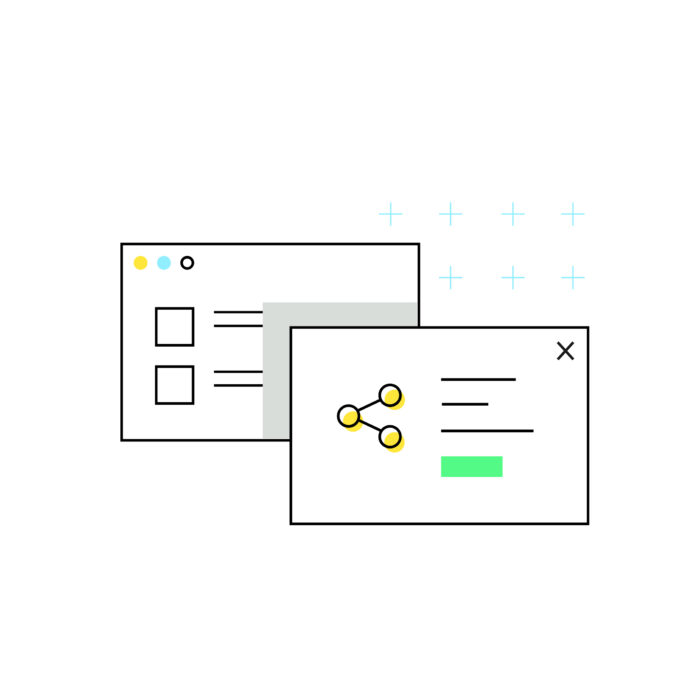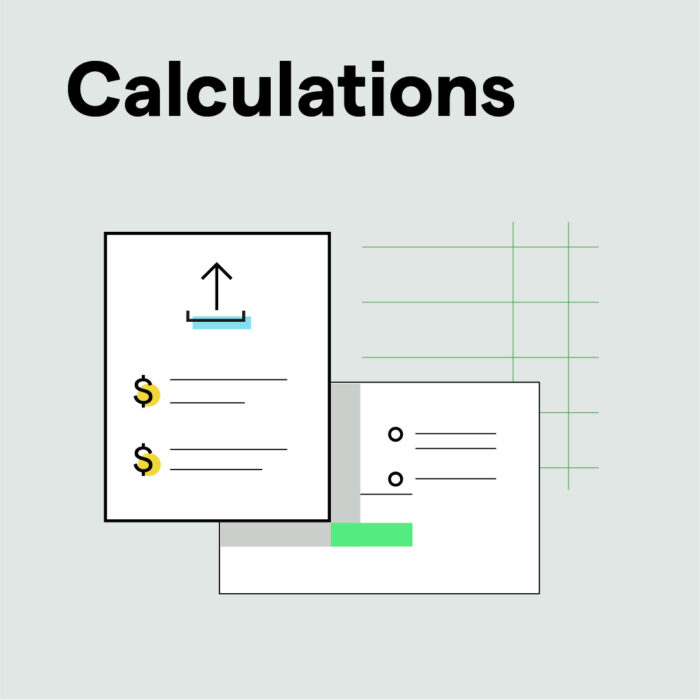Four things you need to know before you start collecting sales tax
by December 28, 2025
Being sales tax compliant takes work. There are a number of steps a company needs to take to ensure the right rate is being collected, in the right places, and then filing correctly. But sales tax compliance goes much further than calculating rates and remitting to the state.
With that in mind, it’s no wonder sales tax compliance can be daunting for new business owners. To help, we’re sharing a few important things to keep in mind before you start collecting sales tax.
Registering for a sales tax license
The most important step in your sales tax journey starts before you even look at a sales tax rate. It all begins by registering for a sales tax permit in the state (or states) in which you have sales tax nexus. Sales tax nexus can occur in two ways: physical or economic. Physical nexus means having enough tangible physical presence or activity in a state to merit paying sales tax in that state. Economic nexus means passing a states’ economic threshold for total revenue or the number of transactions in that state.
If you sell taxable products, you’ll always have sales tax nexus in your home state. Outside of that, you need to assess where you have met sales tax nexus requirements, and register for a permit in those states. This is a crucial first step – collecting sales tax without a permit is against the law and can have repercussions, including serious financial penalties.
Here’s how to register for a sales tax permit in every state. If you don’t want to manage registrations on your own, TaxJar can register for sales tax permits on your behalf. Learn more about our registration offering here.
Try TaxJar for free
TaxJar offers one platform to manage every aspect of sales tax compliance from calculations to reporting to filing. Try our sales tax compliance platform for 30 days, completely free with no obligation.
Get startedThe importance of bookkeeping
Maintaining accurate records is an essential step in being sales tax compliant. Without organized and up-to-date sales tax reports, businesses will essentially be approaching the herculean task of filing and remittance, blindfolded.
We aren’t being dramatic either. When you go to file with the state, you’ll be asked to report the details of your transactions and how much sales tax you collected from each customer. Multiple that by hundreds of transactions. You see how crucial this step is?
Each state has different filing requirements, but having a record of all the sales tax your business has collected is a requirement across the country. Before you even begin to charge sales tax, it’s helpful to look into the state and local reporting requirements, so you know which information you need to store from each transaction. Some might require individual receipts from sales, while others might not need you to be so granular.
Sales tax audits
Keep your records accurate and organized, as bookkeeping will become essential in the event of a sales tax audit. Sales tax audits can be more challenging than IRS audits because sales tax rules are so inconsistent across states and localities. Being audited once increases your risk of further audits, especially if you end up owing a significant amount, so be sure to handle your sales tax audit properly the first time around.
As soon as you receive an audit notification, we recommend you start preparing. This means collecting basic documents such as financial statements, general ledger and journal entries, federal tax returns, and bank statements. You’ll probably also need to provide sales-tax-related documents like invoices, bills, list of exempt sales, resale and exemption certificates, sales tax returns, use tax returns, and shipping records.
We also recommend that you speak to a professional. If you have a third-party tax advisor, consider setting up the audit to take place at their office. This will make the audit less disruptive to your business and make it easier for your tax advisor to represent you during the audit.
Varying due dates
Once you’ve collected sales tax, you have to remit it to the states. The due dates for each seller will be different. How often you file sales tax will be determined by the state and is assigned to you when you register for your sales tax permit (another reason that step is so crucial!). Your filing frequency is often based on how much revenue you generate. Higher volume sellers will generally have sales tax due more frequently than smaller sellers. Due dates vary by state as well, so depending on how many states you are filing in, you could have due dates on multiple days throughout the month.
There are a few ways to make a sales tax payment, and again, it varies by state. Some states prefer online payments, usually through the state’s Department of Revenue, while others will ask you to mail a check. Here’s how to pay sales tax in every state.
How a sales tax solution can help
If you are new to the sales tax world, it might sound overwhelming. The good news is that companies like TaxJar are here to make it easier. Offload your most tedious tasks, like accurately calculating sales tax rates, classifying products, and managing multi-state filing and let automation save you time and money.
With TaxJar’s AutoFile, you don’t even have to worry about filling your sales tax returns. Once you are enrolled in a particular state, we’ll use the data that we receive from your e-commerce platforms or ERP systems to prepare and submit an accurate return along with your remittance.
See how TaxJar can alleviate your sales tax concerns by starting a free trial today.








